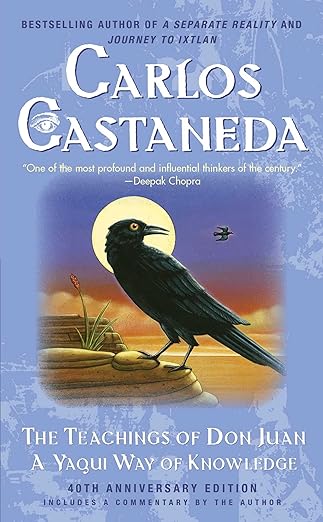The Rebel

🛒 Purchase Options
📝 Description
Albert Camus's 'The Rebel' is a philosophical essay that extends his exploration of absurdism by examining the nature of rebellion and its historical manifestations. Camus distinguishes between genuine rebellion, which seeks to establish limits and affirm human dignity, and nihilistic revolt, which can lead to tyranny. He analyzes various forms of rebellion throughout history, from metaphysical to historical, arguing for a 'rebellion of limits' that avoids the excesses of absolute freedom.
💬 Quote Context
Kamu writes the rebel which is one of his one of his later um works which is again discussing you know what can an absurdist coherently value without simply falling back onto a kind of leap of faith or something
"🎬 Is Being Smart Worth the Depression? - Alex O’Connor & Joe Folley (4K)

🏷️ Categories & Tags
Categories:
Keywords:
🤖 Why This Product Was Mentioned
"The speaker mentioned 'The Rebel' as one of Camus's later works, discussing how it further explores what an absurdist can 'coherently value' without resorting to a 'leap of faith,' indicating Camus's continued philosophical development after 'The Myth of Sisyphus.'"
🛍️ Similar Products





